Interviews with Marketers: Kathleen Siddell

Kathleen Siddell is a versatile content creator with diverse experiences including 10 years as a high school teacher and several years living and working abroad. She is currently the Senior Content Marketing Manager for alwaysAI, a Vision AI solutions provider.
Tell us a little bit about your own marketing experience. As a “lone ranger marketer”, what do you do differently?
I’m part of a small team. So, it’s me, our marketing director, and our social media manager, but the heavy lifting of the content falls on me. That’s everything from website copy to newsletters to press releases, anything that needs to be written, aside from social media. When I first started, I was doing that as well.
I think I have an advantage because I’m not a career marketer. I spent 10 years as a high school teacher. When I got the job at my current company there was nobody in my role, so I think that was a real advantage for me because I got to see all aspects of marketing. I didn’t have any expectations because I wasn’t coming from a big marketing team.
I think as a teacher, you are a CEO of the classroom in many ways. You’re handling every aspect, and your skills are transferable. Have you experienced this? How was the transition from teaching to marketing?
It always felt manageable. My director is good at checking in with my workload. We would stagger deadlines, helping me in the beginning to prioritize deadlines, so it didn’t feel overwhelming in that way. It did sometimes feel like there were skills I did not know and yet it worked out to my advantage because I didn’t approach content writing in a traditional way. I didn’t dig in with the general pain points and the tried-and-true methods, even though sometimes they do work. I was given the chance to break the norm and try new things. And like I said, I was lucky enough to land in an environment where that was okay. It was so important that I had the support and that they were willing to try things with me.
Have you had a chance to see how other teams operate to compare to your own “lone ranger” marketing tactics? Is it a more organic process?
It’s been more organic. I’ve been able to learn a lot from my boss and she came from an agency. So, I’ve been building on some of her experience and just learning from her about how things work at other organizations. She’s very transparent in discussions with me when it comes to any constraints or opportunities where we can flourish in our marketing. There could be things that I’m missing which may be a disadvantage because I don’t have a structure in place. I’m not quick at writing necessarily. So, I do sometimes feel if I had a larger team, or if I had other people I could rely on, we could turn around content pieces a little bit faster.
How do you prioritize what you need to do for your audiences?
Blogs are always weighing on me. For example, I have only gotten two blogs out this month and my goal is to do three. Blog writing tends to be the thing that slips, because when we look at measurables, the ROI is difficult to measure. We’re really focused on driving sales, and it’s difficult to measure the impact of blogs on bringing in leads necessarily. We try to connect the dots to see if there’s a direct correlation there. So, it ends up being less of a priority, although it might be the thing that I prefer to do, rather than writing a sales email or ad copy.
Are your customers in obvious places? Do your audience’s channels present a challenge for your prioritizing?
This is a huge challenge. When I started, we were more of a developer-oriented product, and very technical. They were pivoting as I joined, looking to hit the enterprise decision makers, who don’t care how the tech works, they just want to know what it can do. However, even though we are targeting enterprise decision makers, we don’t want to turn our backs on the developers. Many of these enterprises have their own development teams that could use our platform, so we want to appeal to their needs also. But developers are not the decision makers, they’re not the ones who are necessarily going to buy it. Creating content that kind of speaks to both audiences is difficult. But it’s also difficult because we’re also a horizontal solution that spans across industries, so that is a challenge as well.
To create quality content, I must learn what the retailers need, and what the manufacturers need, and other industries. And so, from creating content, it’s a constant pull of not only writing blogs, or ad copy or emails, but also making sure we address the retail industry, the manufacturing industry, and the mining industry, etc.
Do you think that being a “lone ranger” gives your company an advantage? Do you have to have a marketer in each vertical?
If we had more people, everything would be a little bit easier.
But you’re finding it doable? And you are obviously seeing some results?
I am finding it doable; I am getting results. I think with content, there’s this constant push of doing more and more. Maybe that philosophy is not the best, and we would end up with filler. But because I have to be really thoughtful about where I put my energy, maybe being a lone ranger is an advantage.
I do think there’s a personalization when you’re the Lone Ranger. I am currently starting outreach to industry publications – researching popular industry-specific publications. I’ve been able to find some writers and reach out directly to them, writer-to-writer. I think this gives less of a corporate marketing approach with the need to try to sell something. The goal for me is more about educating the market with the hope of spreading brand awareness. I’m able to personalize my outreach, explain that I have a small team and that I’m looking for some help getting our message out – not trying to advertise. Maybe this feels more personal, than if I was with a huge company, with a huge marketing team.
Is there a difference between having a lot of marketers on the team versus just you and the budget?
Obviously the company is trying to balance the budget. If I’m doing too good a job with content marketing, then it may seem like I don’t need the extra help. But there are areas where I’m obviously not an expert. I’m not an SEO expert, I don’t particularly like SEO but we were able to budget for an outside SEO firm, because our leadership team also recognizes that landing on the first page of Google is important. We’re trying to reach all these different industries, and I don’t really know what the best keywords are, so we were able to present SEO expertise as a real need. SEO takes a lot of time, it is a science, and it’s always changing, so I could put my effort towards that, but then we’d lose the other value that I can bring.
Are there any tools you want to tell other marketers you appreciate in your daily world?
I do use LLMs like Gemini and ChatGPT more. These tools are good for some tasks but I see them as simply one more tool. For example, I’m not great at writing headlines. I’ll ask Gemini for some help, but I rarely just copy and paste the result as they tend to be formulaic. But there might be a phrase, a snippet, or verb that I can use. I think I like Gemini because it often gives you options.
I think Google Analytics is very useful. If you play with it, you can pick it up without much experience and get some good insights into where traffic is coming from, where users click and for how long. So, I find some of those insights valuable. We were using HubSpot for social media scheduling, but all social media sites have gotten better about their own scheduling tools like LinkedIn. You can schedule posts on almost all platforms, so you don’t need to go off-site.
LATEST BLOG POSTS
Some
Clients


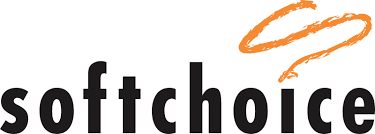


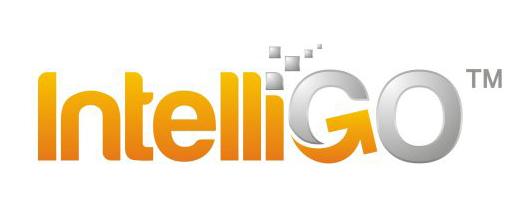


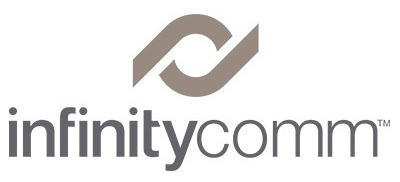
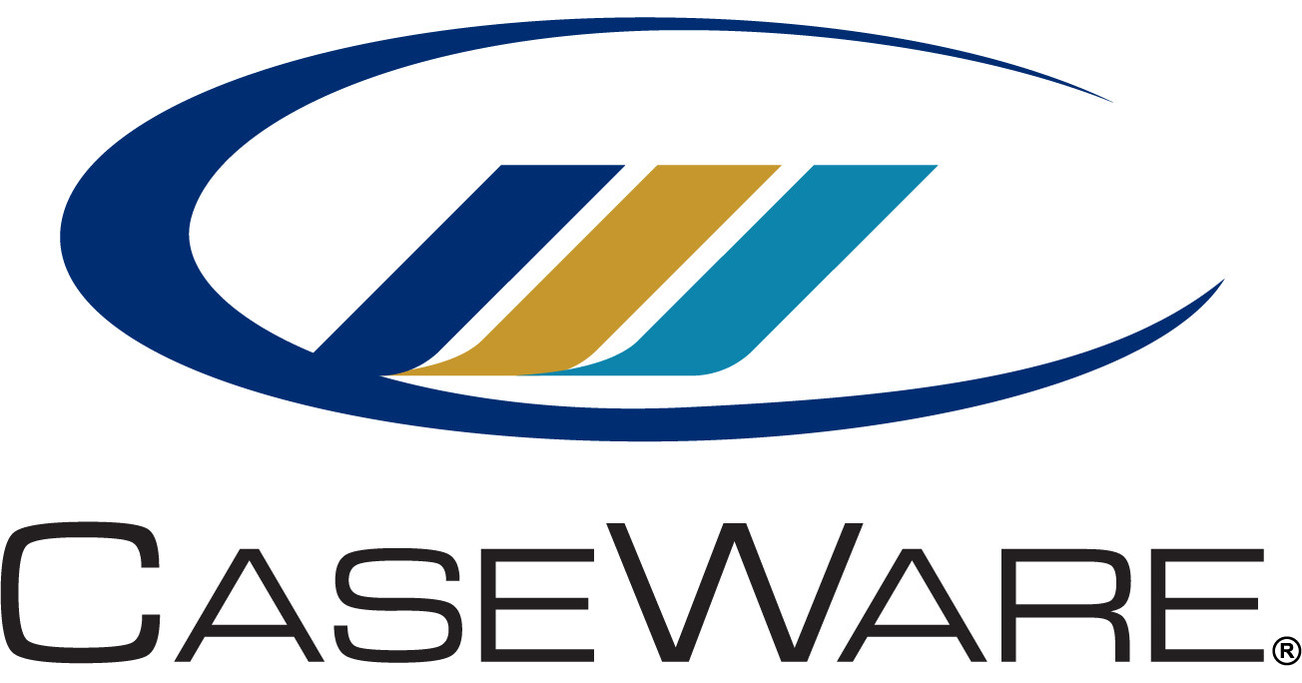
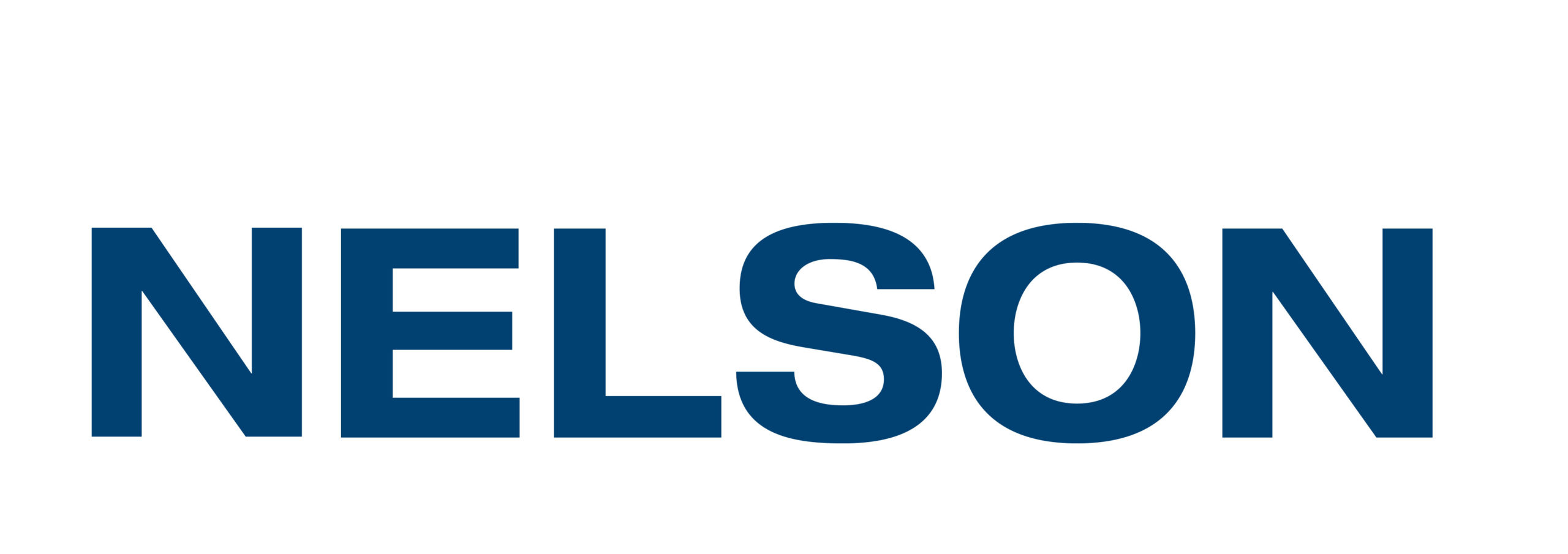
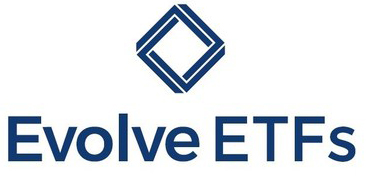

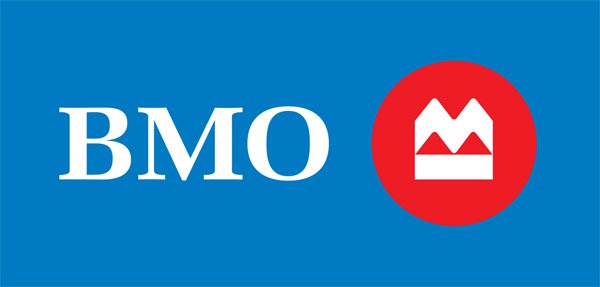
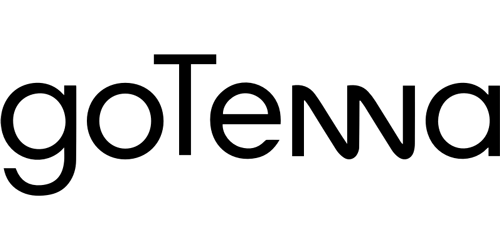
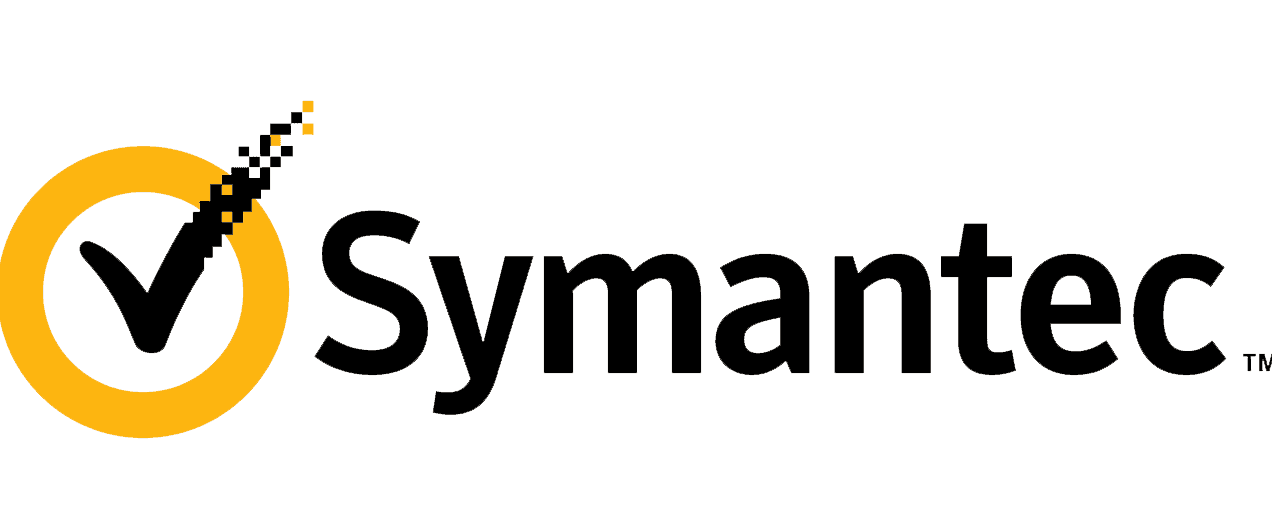
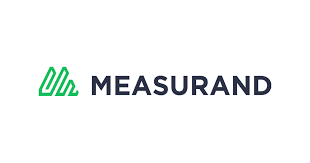
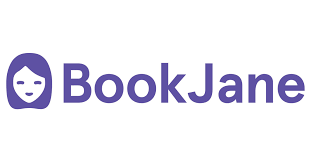
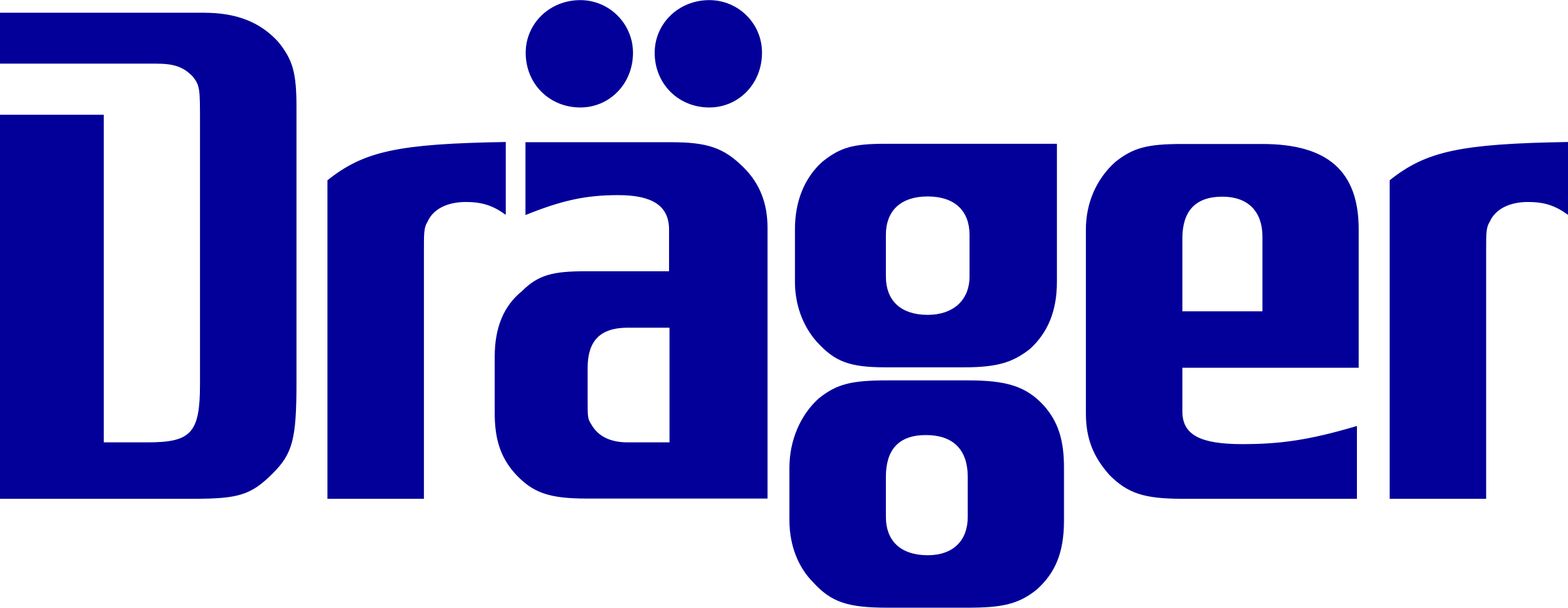















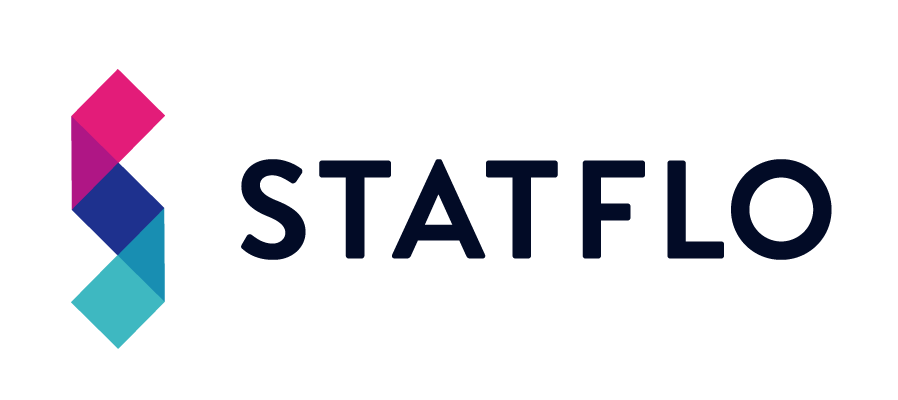

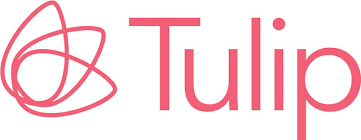

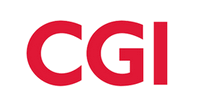
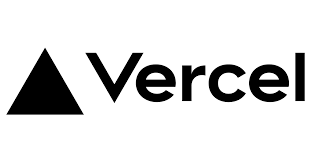




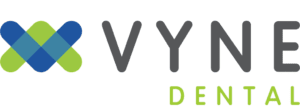


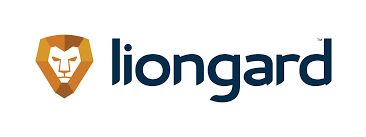


LET’S TALK!
HeadStart is an extension of your team to help you finish your content projects. Call 1.416.712.4440 or contact us.


